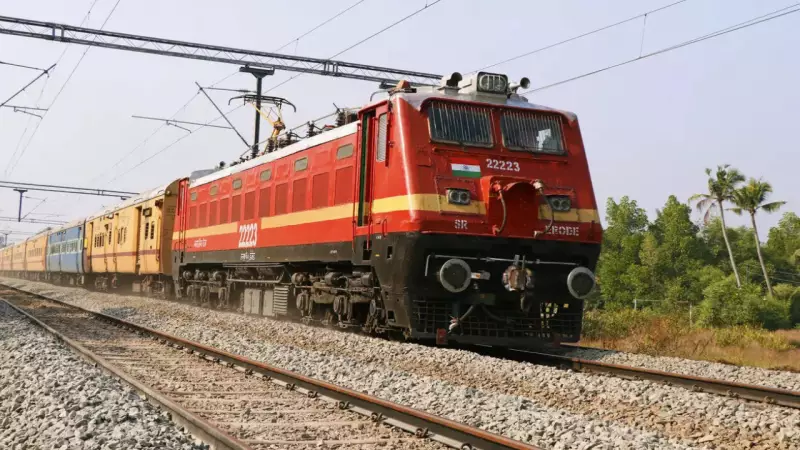
Railways Completes Full Circle: Back to Pre-2019 Recruitment System
In a significant policy reversal, Indian Railways has effectively scrapped its ambitious Indian Railway Management Service (IRMS) and returned to its traditional recruitment system for officers and top officials. This move marks a complete U-turn from the massive administrative reform announced in December 2019 that aimed to transform the national transporter's bureaucracy.
The Ministry of Railways has recently notified the Indian Railway (Selection to Senior Posts) Rules, which clearly specify that only officers from specific specialized services will be eligible for top positions. This development signals the formal end of the IRMS experiment that was once touted as the biggest reform to eliminate departmentalism within the railway bureaucracy.
The Specific Service Requirements in New Rules
The newly notified rules establish strict service-specific eligibility criteria for top railway positions. Only officers from Indian Railway Accounts Service (IRAS) or IRMS (Accounts) will be eligible to become Member (Finance). Similarly, the position of Member (Operation and Business Development) will be exclusively reserved for Indian Railway Traffic Service (IRTS) or IRMS (Traffic) officers.
For human resources leadership, only Indian Railway Personnel Service (IRPS) or IRMS (Personal) officers can become Director General (HR). The rules also specify that members for highly technical areas will be selected from different railway engineering services, maintaining the specialized nature of these critical positions.
Why IRMS Failed to Deliver on Its Promise
The Cabinet's December 2019 approval for merging eight railway services into the unified IRMS was envisioned as a revolutionary step to break down departmental silos. However, implementation of IRMS created confusion and faced strong opposition from railway employees from the very beginning.
The national transporter encountered significant challenges in attracting fresh technical manpower through the new service. This shortage forced railways to revert to the earlier system of recruiting railway engineers and non-technical personnel separately through UPSC examinations. Under IRMS, there was a single examination with uniform eligibility criteria for both technical and non-technical candidates, but the new system has restored two separate exams.
A senior railway official commented on the development, stating that "the latest notification on the selection of top-level officials for posts linked to specific services is the final signal that IRMS was conceived and approved without adequate thought."
Widespread Dissatisfaction Among Railway Cadres
The new rules have generated discontent among both technical and non-technical cadres within the railways. A senior railway engineer expressed concern that engineering services collectively get only 2-3 posts in the board despite having majority presence in the organization, while non-technical services get exclusive and uncontested posts.
An official from the railway traffic service highlighted another problem: no IRTS officer will be eligible to apply for member posts advertised in 2026 and 2027 because no officer from the service will meet the eligibility criteria. The requirement of having at least two years of residual service to be appointed as a General Manager will be almost impossible for most non-technical officers to fulfill.
The selection process for General Managers has become notably more subjective with detailed application requirements that ask each eligible officer to document their career achievements extensively. Officers must list their top five challenging situations, top five lifetime contributions, top five instances of effective teamwork, top three instances of effective leadership, and top three systemic changes implemented during their career.
This comprehensive six-year journey from reform to reversal demonstrates the complexities of implementing structural changes in India's largest employer and highlights the continuing challenges in modernizing the country's railway administration.






